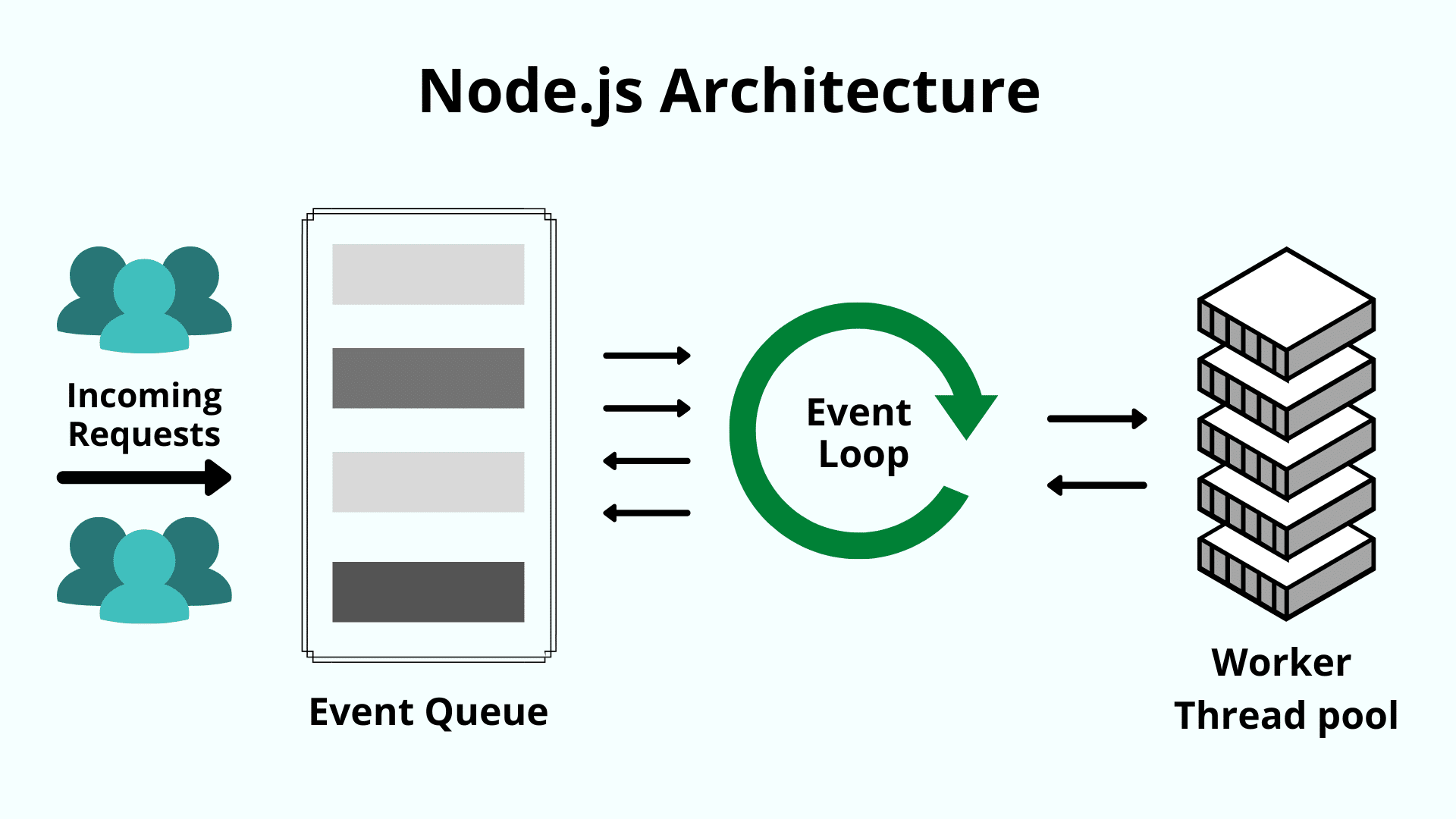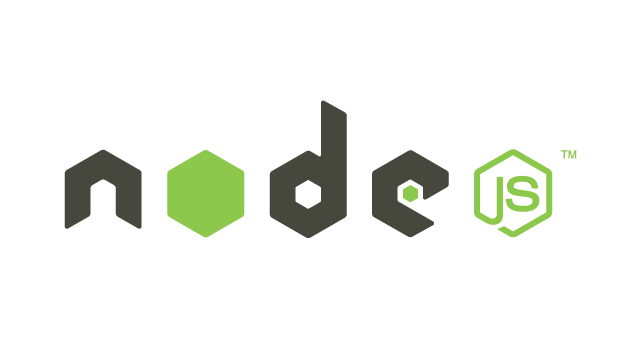

If you are on Windows then you can use ( nvm-windows). Using the node version manager( nvm) is one of the simplest ways to accomplish this. Install version 8 of Node.js and reinstall any global modules you had previously installed.
stroy and stroy are added to end/release resources on a stream and emit an error if one is provided. 'perf_hooks` module added to make it easier take high resolution performance measurements. inspector module exists with support for creating V8 inspector sessions. dns.Resolver class is added to make it easier to create multiple DNS resolvers. util.callbackify to complement util.promisify. util.promisify function has been added to make it easier to move away from callbacks. fs.copyFile function now exists for copying files in a performant way. EcmaScript Modules support is available behind the -experimental-modules flag. Stable support for async/ await operations. N-API, a stable native addon API is now provided. This is still an experimental feature and should not be used in production. Async Hooks are available, which allow developers to register before/after handlers that execute around asynchronous operations. Note that the npm module http2 will conflict with the internal http2 module name unless you set the environment variable NODE_NO_HTTP2.  HTTP2 support is available in the module http2. This includes numerous performance improvements and features. V8, the underlying JavaScript engine, has been updated to version 6.1. The Node.js community maintains changelogs for each major release, therefore, there is a complete changelog for version 8 with all commits included. The following is a listing of some of the more prominent new features. There are many new features and capabilities to be excited for in version 8. As a result, unsupported versions of Node.js do not receive security or bug patches, leaving them vulnerable. Versions prior to 4 are no longer officially supported. If you haven't already upgraded from versions of Node.js prior to version 4 then please go back and read last years tutorial. A similar tutorial was created last year to help guide you through upgrading from version 0.10 and 0.12 to version 4 and 6 of Node.js. These recommendations are presented as a general tutorial to help guide you through the process of upgrading your applications. The following is a collection of recommendations on how to upgrade to Node.js version 8 and why you should. As a result, now is the perfect time to begin upgrading your applications to run on version 8. The only changes that are likely to occur are bug fixes, security updates, and other minor semantic version additions. This means that version 8 will remain stable as new features and regressions are less likely to be introduced. Version 8 of Node.js begins its long term support (LTS) release plan today.
HTTP2 support is available in the module http2. This includes numerous performance improvements and features. V8, the underlying JavaScript engine, has been updated to version 6.1. The Node.js community maintains changelogs for each major release, therefore, there is a complete changelog for version 8 with all commits included. The following is a listing of some of the more prominent new features. There are many new features and capabilities to be excited for in version 8. As a result, unsupported versions of Node.js do not receive security or bug patches, leaving them vulnerable. Versions prior to 4 are no longer officially supported. If you haven't already upgraded from versions of Node.js prior to version 4 then please go back and read last years tutorial. A similar tutorial was created last year to help guide you through upgrading from version 0.10 and 0.12 to version 4 and 6 of Node.js. These recommendations are presented as a general tutorial to help guide you through the process of upgrading your applications. The following is a collection of recommendations on how to upgrade to Node.js version 8 and why you should. As a result, now is the perfect time to begin upgrading your applications to run on version 8. The only changes that are likely to occur are bug fixes, security updates, and other minor semantic version additions. This means that version 8 will remain stable as new features and regressions are less likely to be introduced. Version 8 of Node.js begins its long term support (LTS) release plan today.








